| Watch a few episodes of Stranger Things, and you’ll realize you’ve seen all of this before. It’s got goofy kid stars reminiscent of The Goonies. It’s spooky without being grosteque, like Alfred Hitchcock’s best work. The music sounds like a creepy Back to the Future homage, and the whole sci-fi-fantasy plot would blend in with a lineup of Steven Spielberg classics. Instead of breaking new ground, Stranger Things treads on the familiar paths of cinema’s masters. I wouldn’t change a thing. |  TheCroakingFrog says: See It Now What Hopped: tight plotting and pacing, spooky mood, lovable characters, pitch-perfect ‘80s style What Croaked: episode themes can get overly tidy, two characters miss their potential Recommendation Key: See It Now: see ASAP See It: see if you have time Skip It: see at your own risk Forget It: avoid at all costs |
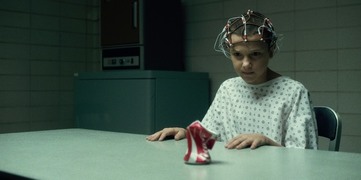 Millie Bobby Brown as Eleven
Millie Bobby Brown as Eleven Netflix’s hit summer series — playful and creepy in perfect proportions — is a brilliant study in television chemistry, an alchemy of masterful screenwriting and magnetic casting. So what if it doesn’t blaze a new trail? When all the pieces are this good, this smart, this thoughtful, who cares?
Set in 1980 Indiana, the series follows the disappearance of Will Byers, a geeky kid in a sleepy town. His closest buddies are precocious elementary schoolers, fluent in board game speak but still afraid of girls. His neighbors include a scruffy cop too capable for a small town and a teenage cutie too pretty for the local high school.
The search for Will begins quickly, but the questions come even faster. How could Will disappear without a trace? Why do the lights flicker when he seems close by? What’s that creepy shadow in the woods? Every question feels important without being unfair. We’re given a steady stream of clues, a snatch of helpful dialogue, even some hard answers, just as new questions take their place. This is a world you’ll want to spend time puzzling out, a mystery with loose ends just as satisfying as final revelations.
Better yet, the show respects your time. At just eight episodes, the series never strings you along, never forces you to examine a wrong path for more than a passing scene. Gone are tired staples of standard mystery fare: the countless interrogations, the dead-end suspects, the idle chatter among desks at the police precinct. With Stranger Things, imagination beats procedure, supernatural trumps routine.
In fact, the writing is so neat and efficient that it occasionally gets a bit hokey. We get an episode where everyone is skeptical about something. Then a chapter where close relationships are tested. Then another where every hero makes the wrong choice for the right reason. Watching four separate characters encounter similar problems is a TV staple, something audiences have come to expect. But once or twice in Stranger Things, the episode themes can get a bit too obvious.
Still, if that’s the worst critique I can throw at the upstart Duffer Brothers (the show’s writers and creators), that’s to their credit. And I’d take “a little too tidy” over “comically unfocused” any day (see Cards, House of).
Perhaps the only thing that upstages the show’s writing is its many fantastic performances. Will’s best friend Mike (Finn Wolfhard) is always earnest, often nervous. His dopey, wide-eyed gaze hides a deeply courageous interior. He’ll die for his buddies, but he’ll also be home by bedtime. Wolfhard nails this balance.
Sidekicks Dustin (Gaten Matarazzo) and Lucas (Caleb McLaughlin) add a touch of comic relief as they argue over plans for rescuing Will. To them, saving their friend is about as important as winning a round of Dungeons & Dragons, which is to say it is truly a matter of life and death. A week after finishing the show, I miss the snippy, hilarious Dustin-Lucas debates most.
Among the children, the telekinetic Eleven (played with marvelous restraint by Millie Bobby Brown) might be the standout, a little girl blessed with mental powers but cursed by the government’s need to exploit them. Despite only speaking about 12 total words throughout the series, she still accomplishes more emotional range than the average TV protagonist.
The teens and adults are mostly stellar as well, from Police Chief Jim Hopper (David Harbour, too old for this shit) to teenaged Nancy (Natalia Dyer, smarter than she lets on) to high school hunk Steve (Joe Keery, the second coming of John Travolta). If I had to complain about someone, I’d pick either Joyce (Winona Ryder, Will’s mom) or Dr. Martin Brenner (Matthew Modine, the show’s villain). Both characters are bit too one-dimensional, with Ryder’s Joyce always stressed to the max and Modine’s Brenner always straight-faced and generically evil. If anything, it’s the Game of Thrones problem: with so many good plots and characters, you can’t get an A+ from everyone.
Stranger Things isn’t lavishly expensive. It doesn’t skewer the criminal justice system or expose the absurdity of modern politics. The show’s cast includes a nice mix of ages and genders, but it doesn’t explore sexism or comment on the importance of diversity.
Instead, the show simply celebrates geeky friends and acts of bravery, all against the backdrop of a delightfully spooky plot. For a fun, summer series, that’s all you really need.

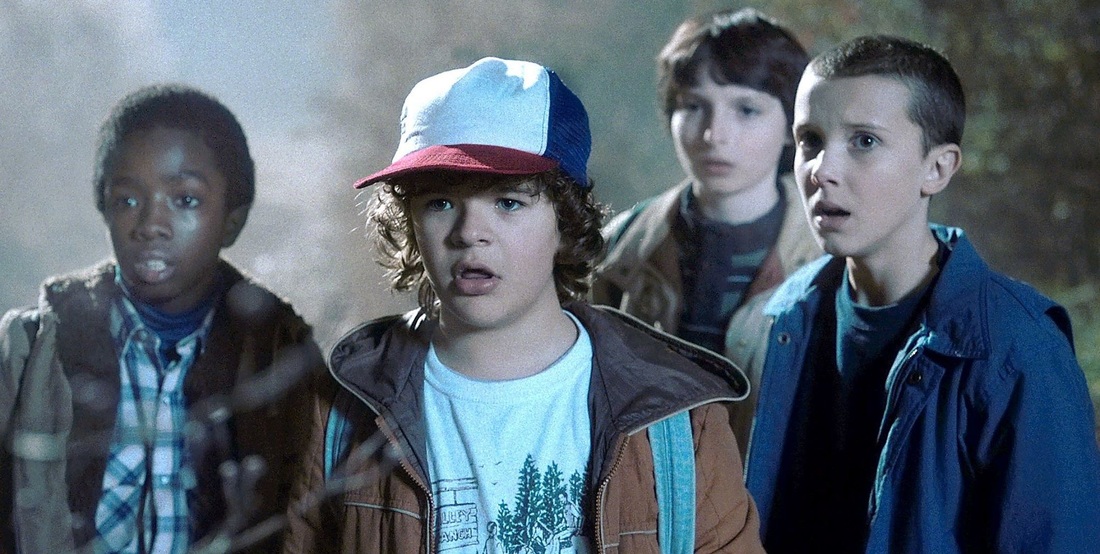
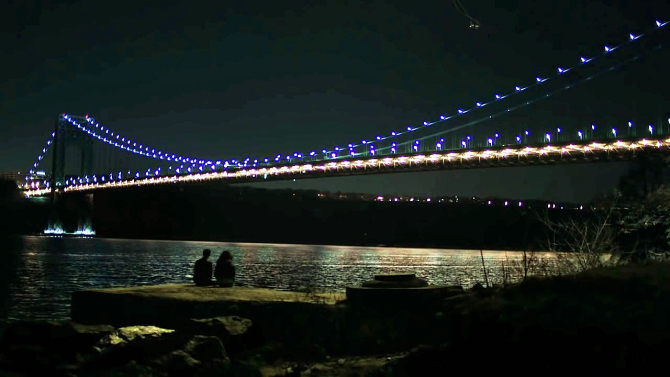


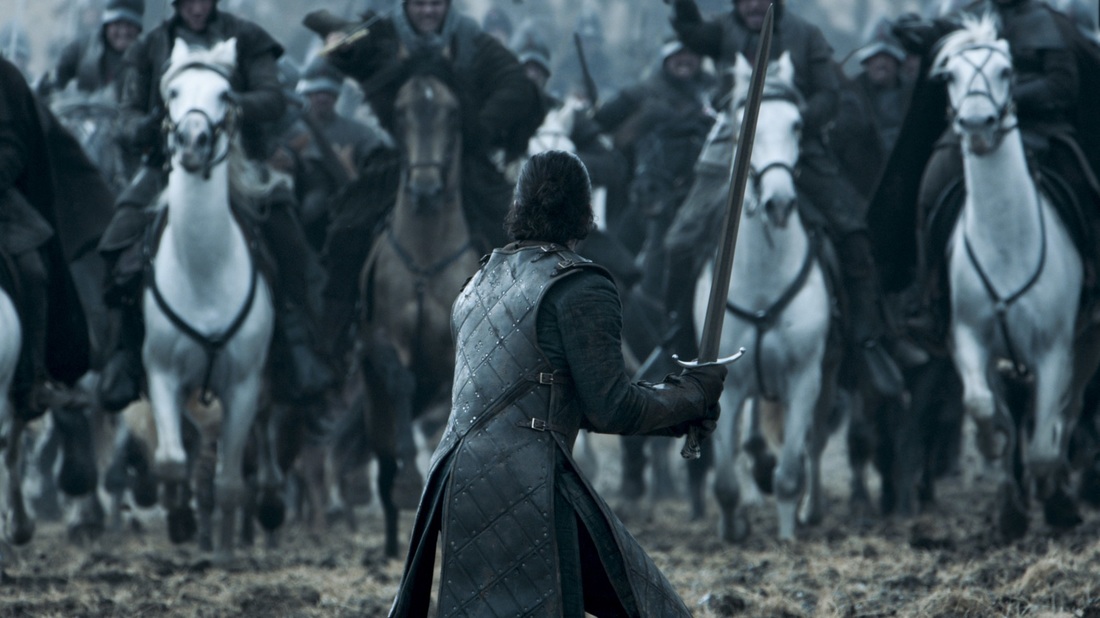
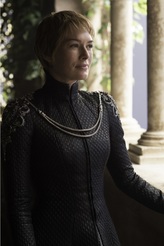
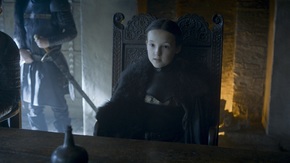
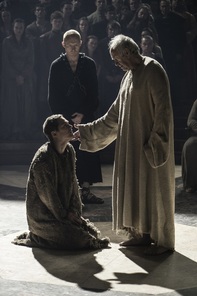
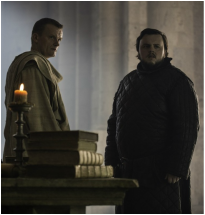
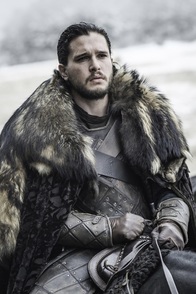
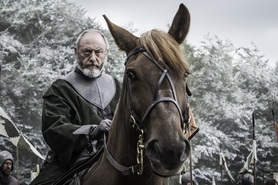
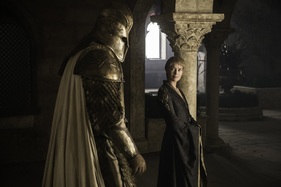
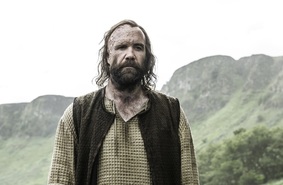
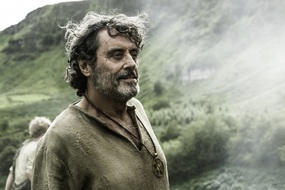
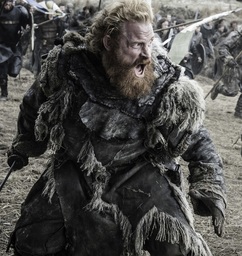
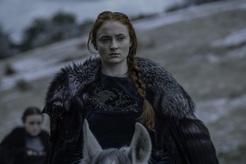
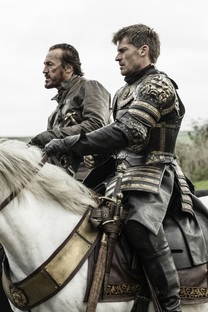
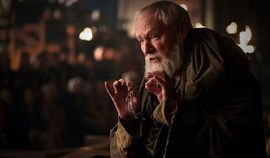
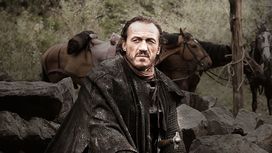
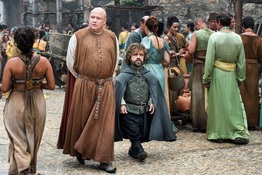
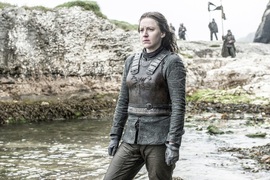

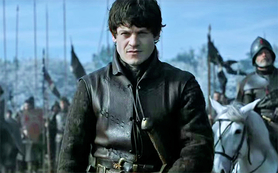
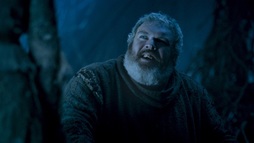

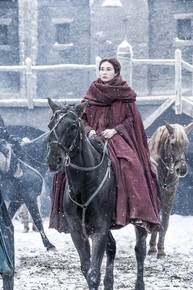
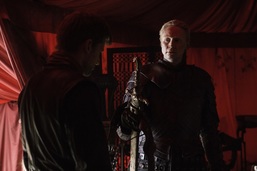
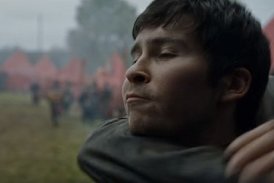
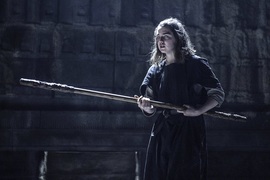
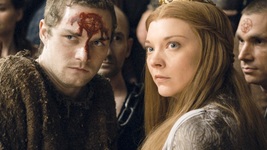
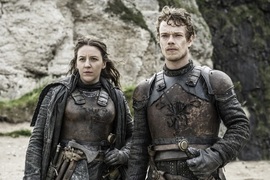
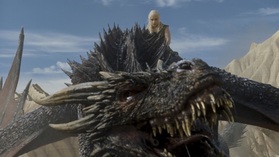
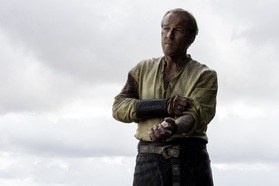
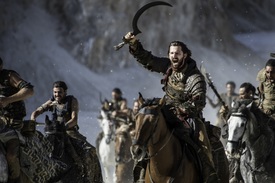
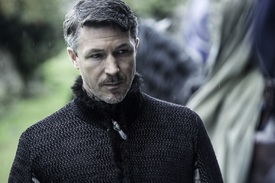
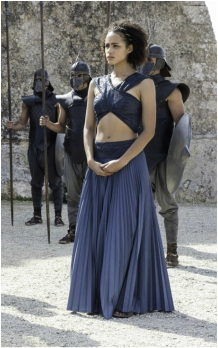
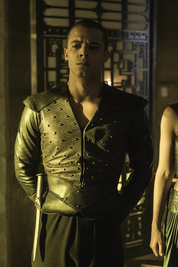
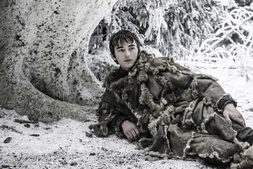
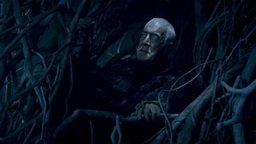
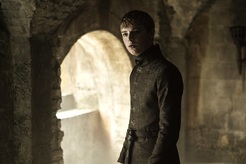
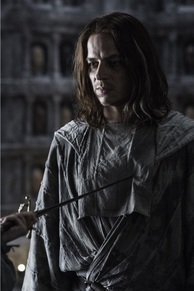
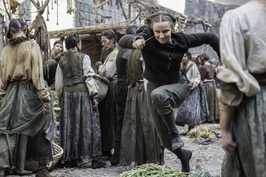
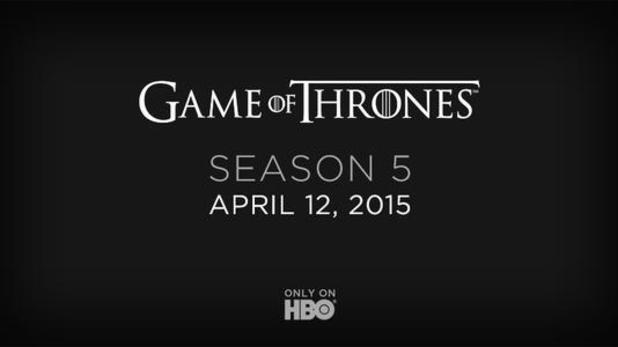


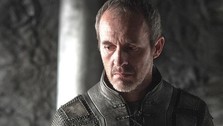
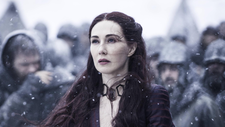
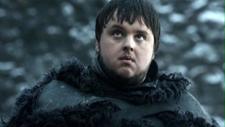
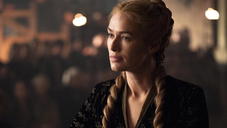
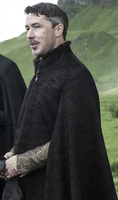
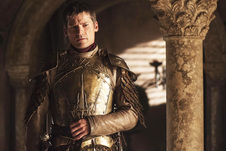



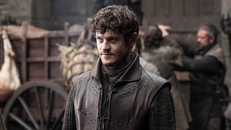
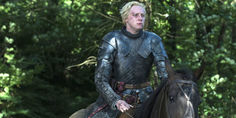



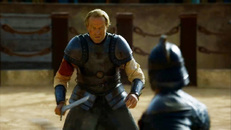

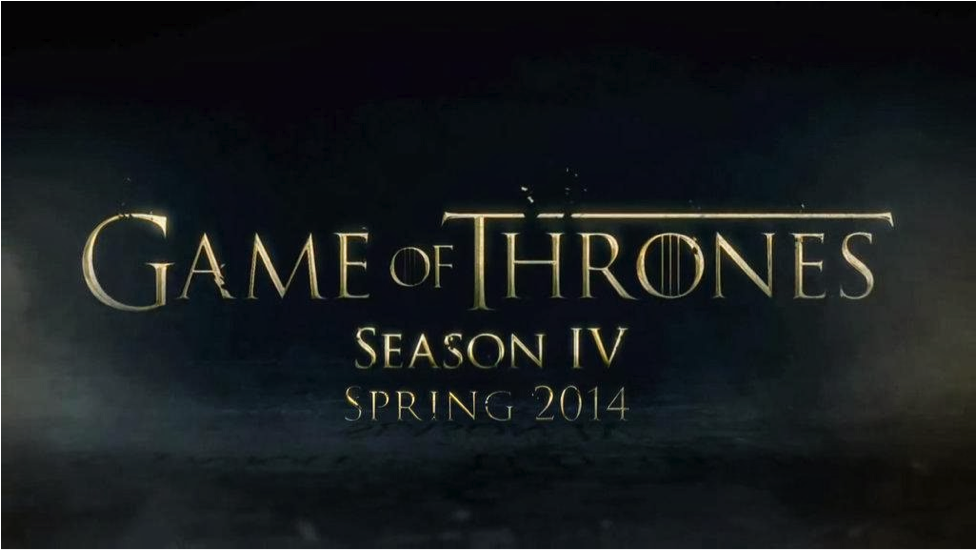

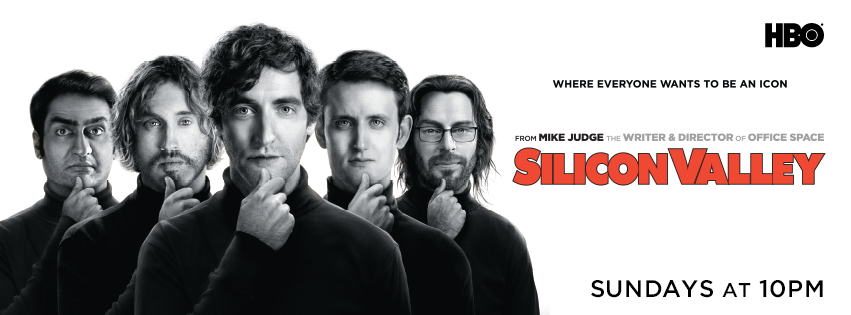

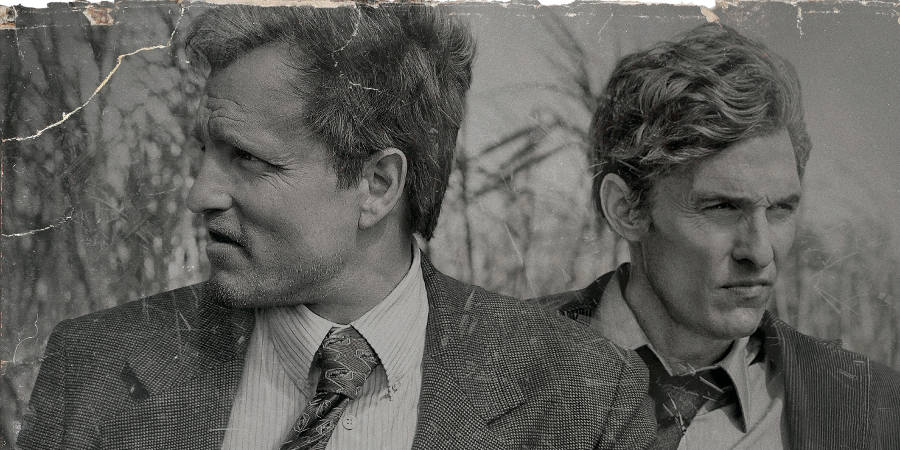

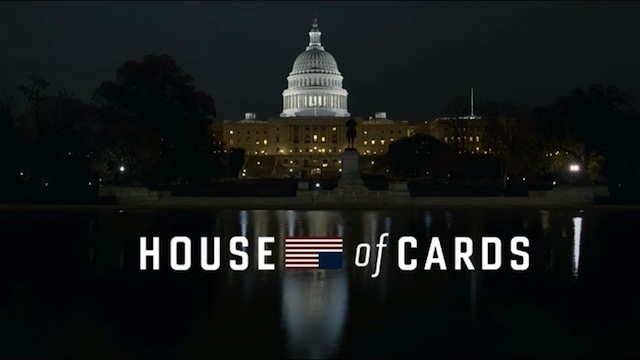
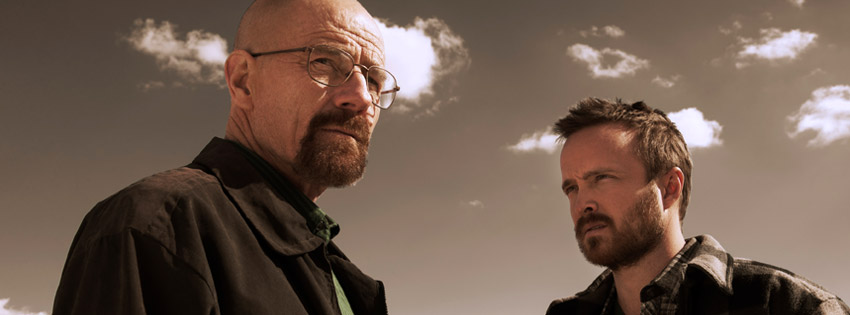
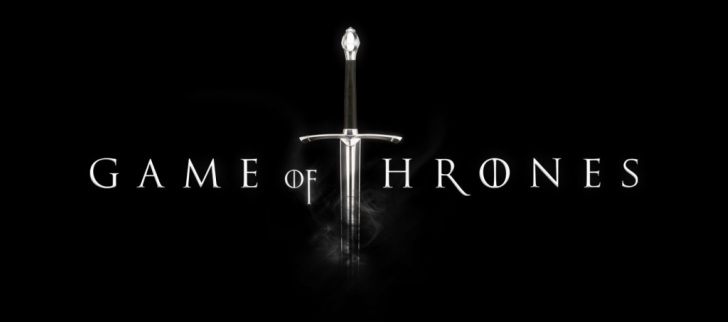
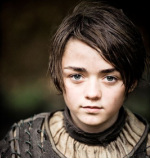
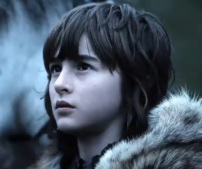
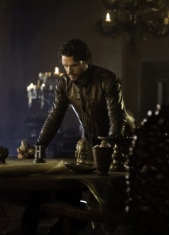
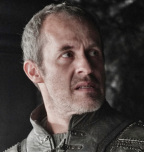
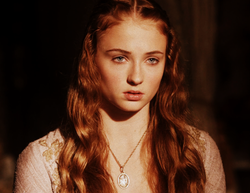
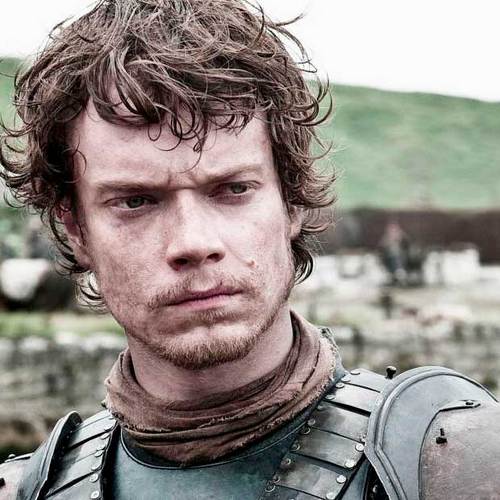

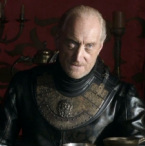

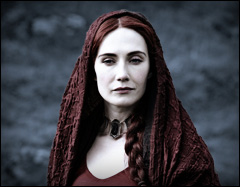
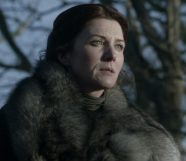

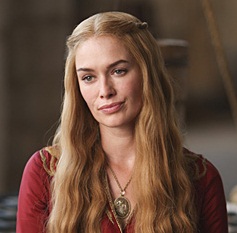

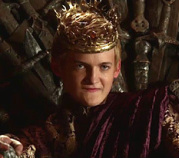
 RSS Feed
RSS Feed
